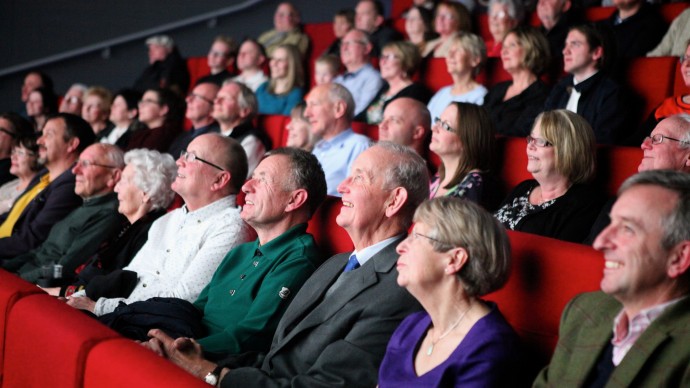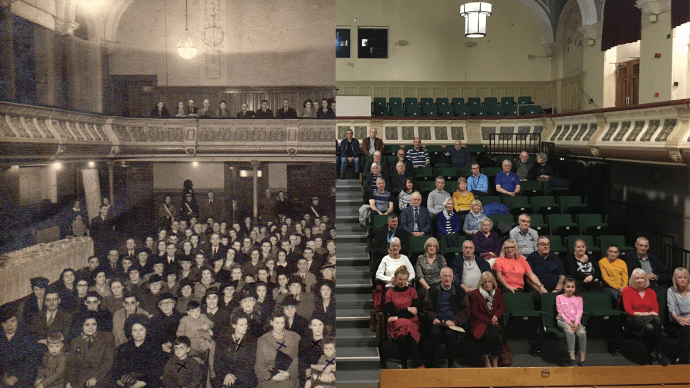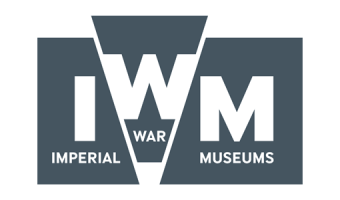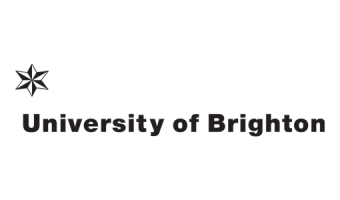
A Message HOME - The Calling Blighty Films
Discover these moving wartime messages captured on film to send home to loved ones. Might you know someone who appeared in them?
Introduction
The Calling Blighty series of short films, made between 1944 and 1946, shows servicemen (and a very few women) in the Far East recording a message to be watched by their families and friends. These poignant messages were shown in local cinemas back home, to the mixed laughter and tears of the specially invited audiences. A one-way Zoom of their day, these are remarkable and moving documents, bringing these authentic and unscripted voices to the big screen for the first time.
A Message Home is a project to try to find as many families and veterans as possible and to tell their stories
I couldn’t believe my eyes when I saw this! Here was my dad as a fresh faced young 18-year-old soldier sending a message back home to loved ones. Incredible to hear my dad talking … really fascinating and moving for me.
Why were the films made?
Produced for the Directorate for Army Welfare during the Second World War, these films were a response to low morale and poor welfare provision amongst British service personnel of the 14th Army stationed in the Far East – in India, Burma, Singapore, Malaya… This was a genuine attempt to improve communication with families back home who may not have seen their loved ones for as long as six years. Welfare amenities were poor, home leave wasn’t possible, mail services were erratic, and the long separations were painful and difficult. Bringing the men and women together in groups from the same town, rather than regiments, the resulting films were screened to invited family and friends in the cinemas and Town Halls back in Blighty. Compared to those in the European theatre of war, these troops were truly the ‘Forgotten Army’.
Find out more about how and why the films were made in our Background page.
‘Men, War and Film: The Calling Blighty Films of World War II’ is a new book by Steve Hawley who worked with us on this project.
What has survived and how can I explore the collection?
Each Calling Blighty production or ‘issue’ contained around 25 individual messages. Of the 391 issues made, only 64 are known to have survived, and nearly half of these are of the Greater Manchester area. Find out more about how these films were discovered in our Background page.
There are now records from 40 issues in our project database, featuring 940 service personnel, and we have found over 150 families so far – help us to find more, and reconnect them to the messages!
Search our database and watch individual clipped messages or, if you prefer, watch some of the Calling Blighty issues in full
How Can I get involved?
Please get in touch if you find someone you know, or if you know anything about the films.
Do you
- belong to one of the families
- know of someone who is connected
- know something about the films or the original screenings
Please contact Will McTaggart at the North West Film Archive by email or by calling 0161 247 3097.
The Project: A Message HOME
Since the launch of the project in 2015 there have been four phases as more Calling Blighty issues have been incorporated, and more screenings reuniting families with the messages

-
Greater Manchester, Warrington and St Helens
25 Calling Blighty issues feature men from Manchester and the wider North West who send a message home. Many of these people are named, thanks to the discovery of paperwork in several of the cans which listed the callers, and the names and addresses of family and friends who would have been invited to come and see the films. To help us find the families and identify the service personnel, take a look at these clips – some are named, but some names are still missing.
Please get in touch if you find someone you know, or if you know something about the films!
In November 2015, a recreated screening event was held in Manchester at HOME, where over 70 of the Greater Manchester servicemen’s families were traced, and the films were shown for the first time in 70 years to an audience of relatives – and two living veterans.
Thanks to you and the team for a great event - we really enjoyed the evening. You can be rightly proud not just of the night but of the whole project - how wonderful to do something so worthwhile!
Barrie Dimond, son of Frank Dimond, Issue 203 
Calling Blighty Screening at HOME
Our invited audience enjoy the recreated screening at HOME, Manchester in November 2015. -
Sheffield, York and South Yorkshire
Instigated by Professor Steve Hawley (Manchester School of Art), this phase aimed to trace relatives of as many as possible of some 190 Sheffield, York and South Yorkshire servicemen (and one woman).
Seven issues are of Sheffield servicemen, and a further two Calling Blighty issues have been identified in the Yorkshire Film Archive, with messages from York, Leeds and Doncaster.
To help us find the Yorkshire families and identify the service personnel, take a look at these portrait galleries from Sheffield or York & South Yorkshire – some are named, but some names are still missing.
Please get in touch if you find someone you know, or if you know something about the films!
Calling Blighty York Trailer
Take a look at some of the messages from Issues 401 and 402
(Thanks to the Yorkshire Film Archive)Calling Blighty Sheffield Trailer
Take a look at some of the messages from Sheffield.
(Thanks to the BFI National Archive) -
Birkenhead
A third phase was launched when a new issue was discovered in Wirral Archives, and digitised for us by the Imperial War Museum.
Issue 266 features 25 Birkenhead men, 22 of whom send a message home - to help us find the families and identify the service personnel, take a look at these Birkenhead clips – some are named, but some names are still missing.
Please get in touch if you find someone you know, or if you know something about the films!
On Thursday 18th October 2018 at Birkenhead Town Hall, the film was screened again at the very same venue where an invited audience of families saw it soon after Christmas 1944.
We showed the whole Birkenhead film (more than once!), alongside some highlights from the Calling Blighty series, and footage of Merseyside during World War 2.

The Calling Blighty Screenings at Birkenhead Town Hall
The audience get ready for the original screening in 1944 and the recreated screening 74 years later. -
Brighton
This fourth phase of our project aimed to trace relatives of 124 Brighton service personnel and their descendants, and to hold a screening event for them.
Working with Screen Archive South East (SASE) and the Imperial War Museum (IWM), we added five Calling Blighty issues from the Brighton area. These are in the collection of the IWM, and have been digitised by them to enable us to add them to the online database.
These 5 issues [numbers 89, 151, 180, 285 and 391] feature 123 Brighton men, and one woman. To help us find the families and identify the service personnel, take a look at these Brighton clips – some are named, but some names are still missing.
Please get in touch if you find someone you know, or if you know anything about the films!
Calling Blighty Brighton Trailer
Take a look at some of the Brighton messages.
(Thanks to the Imperial War Museum)On Sunday 16th June 2019 at the Sallis Benney Theatre, University of Brighton, the films were shown to a public audience for the first time since their original screening 75 years ago. We screened selected messages from many of the surviving Calling Blighty issues, and a special compilation of highlights from the Brighton films.
The scene was set with an evocative short film of scenes of Brighton during WW2, and a talk on the background to the making of the Calling Blighty films. There was time after the screening to get together to share stories over tea and cakes in the cafe.
The short clip on your website of him speaking to camera was quite astonishing, and I never knew he could bound about like a gazelle! … It’s wonderful that you have been able to find and publicise these films, I hope you have success in discovering the identities of others – it’s this sort of real people history that brings the past alive.
Chris Clow, son of Ray Clow, Issue 151
Channel 4 documentary
A subsequent Channel 4 documentary about the project was broadcast in June 2016, and repeated. Made by Oxford Scientific Films, the programme introduces us to five of the families we found and reveals their amazing stories. Watch ‘Messages Home: Lost Films of the British Army’ on Channel 4’s catch up service here.




